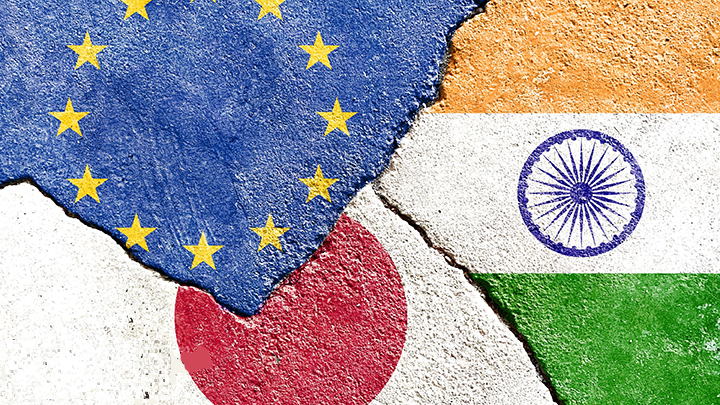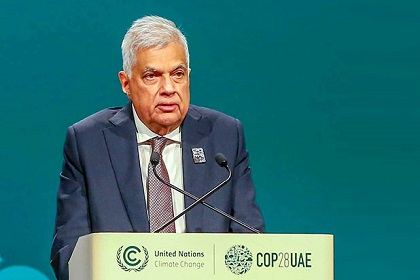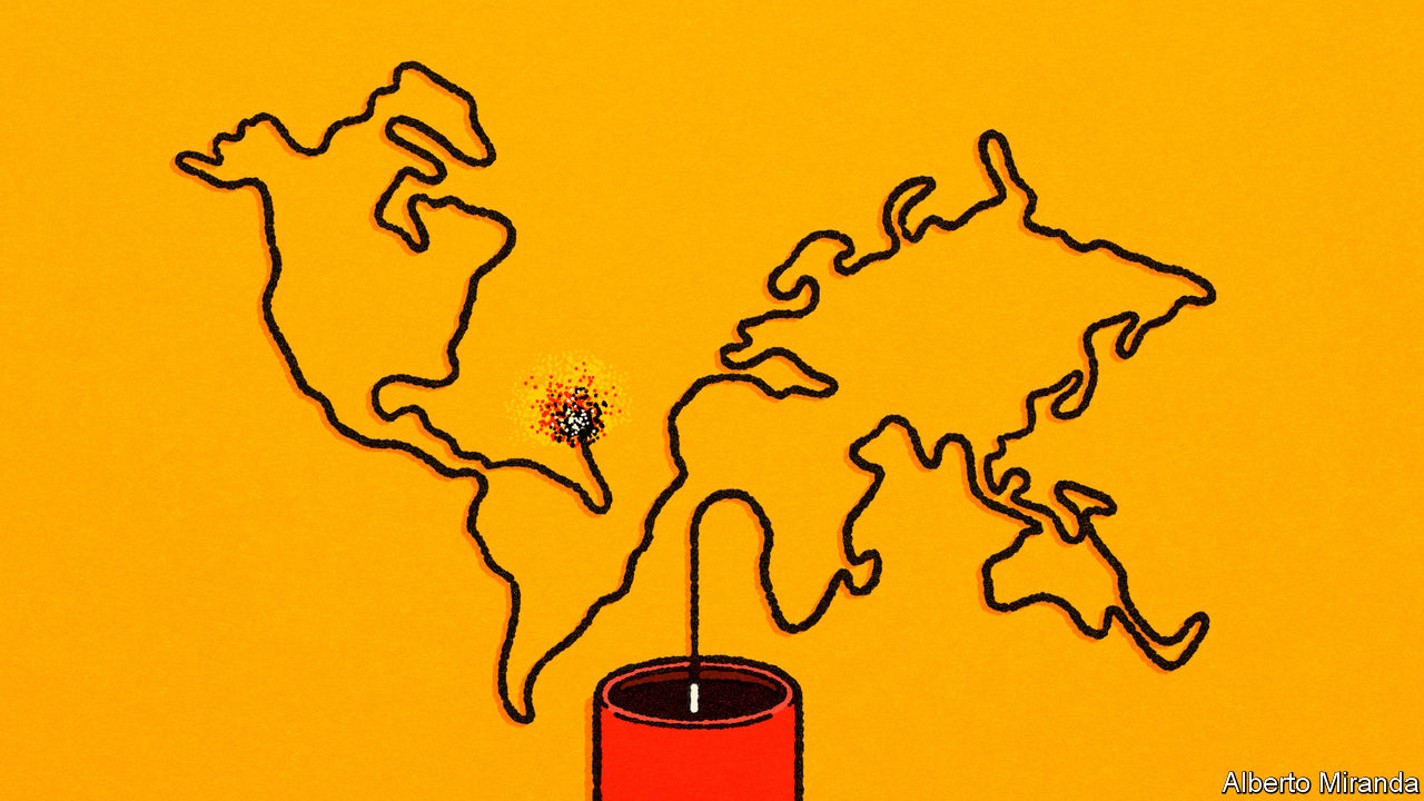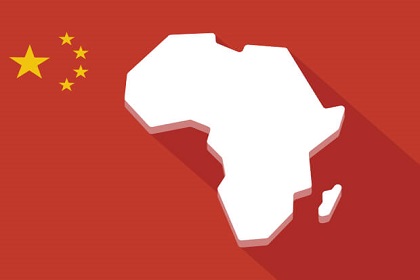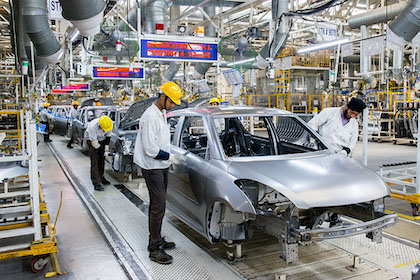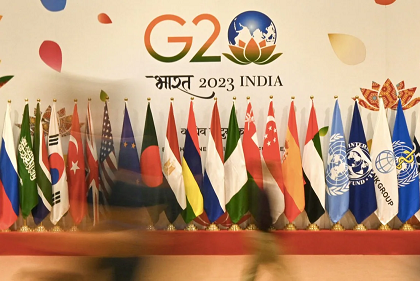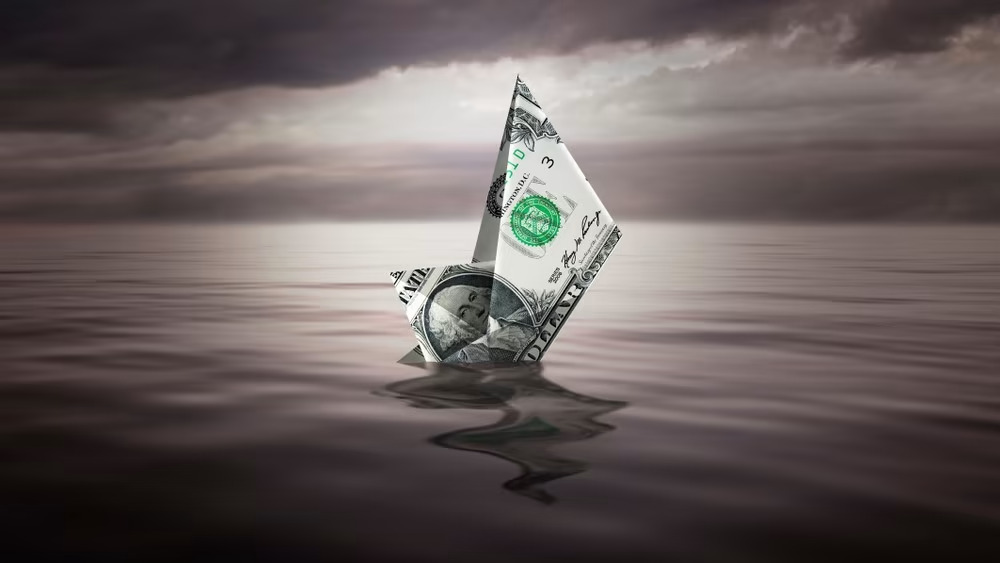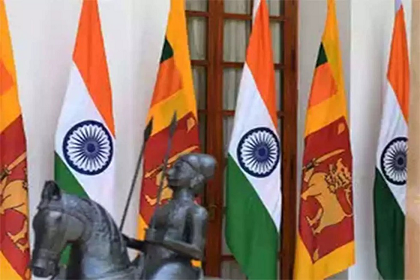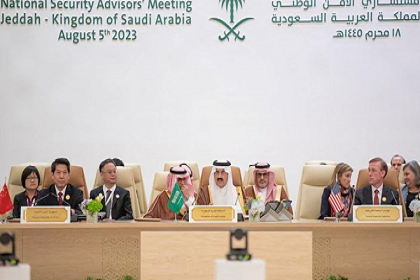Comparing Japan and EU in India
Japan and the EU have a stable and long engagement with India. As India grows in economic and geopolitical significance, both partners must change the lens they view India with. Japan has done better, especially with investment, and because of a common interest and activity in the Indo-Pacific. The EU is driven by Brussels still and needs must overcome that limitation to better leverage India.

